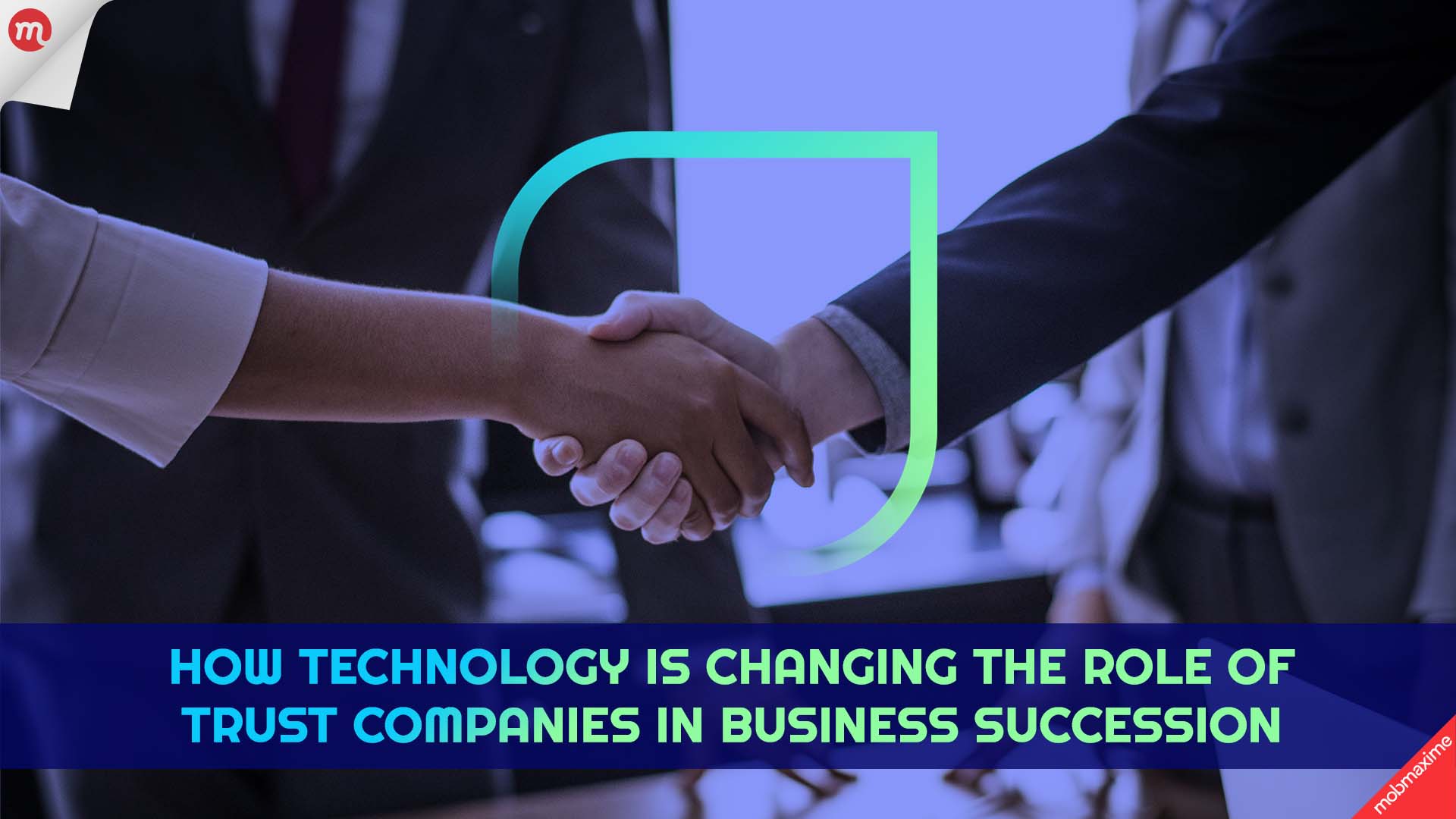How Technology is Changing the Role of Trust Companies in Business Succession

In the evolving business landscape, technology and digital transformation are redefining how trust companies operate in business succession planning. As companies pass leadership and assets to the next generation, integrating automation, artificial intelligence (AI), blockchain, and cloud computing has streamlined estate management, risk assessment, and compliance processes. This shift ensures seamless transition planning, enhanced security, and better wealth preservation for business owners and their successors.
The Evolving Role of Trust Companies in Business Succession
Traditionally, trust companies have played a critical role in safeguarding assets, ensuring legal compliance, and executing succession plans. However, digital transformation in trust services has introduced greater efficiency, transparency, and security in these operations. With the advent of smart contracts, blockchain, and AI-driven advisory systems, trust companies are more capable than ever in managing complex estate transfers and financial assets.
1. Digital Record-Keeping and Smart Contracts
One of the most significant advancements in trust management is the use of blockchain technology. Blockchain ensures tamper-proof record-keeping, making business succession planning more transparent and secure. Smart contracts automate asset transfers, trust agreements, and beneficiary management, reducing human errors and administrative delays.
2. AI and Predictive Analytics for Business Valuation
AI-driven predictive analytics help trust companies assess the value of a business before succession. Using big data and machine learning algorithms, these tools provide real-time business valuation insights, ensuring that stakeholders receive accurate financial assessments and tax planning recommendations.
3. Cybersecurity and Data Protection
As trust companies handle sensitive financial and legal documents, cybersecurity in trust management has become a top priority. Technologies such as multi-factor authentication (MFA), encryption, and biometric verification enhance data security and prevent fraud in business succession planning.
4. Cloud-Based Trust Administration
Cloud computing has revolutionized trust administration, allowing companies to manage assets and documents remotely. Cloud-based trust management platforms enable real-time collaboration between stakeholders, legal advisors, and beneficiaries, ensuring a smooth transition process.
5. Automated Compliance and Regulatory Adherence
With regulatory requirements becoming more complex, technology-driven solutions help trust companies remain compliant. AI-powered compliance tools monitor legal updates, financial regulations, and estate planning laws, ensuring that succession plans align with evolving legal frameworks.
Benefits of Technology in Business Succession Planning
– Improved Transparency and Trust
Blockchain-based smart contracts eliminate ambiguity in asset transfers and trust agreements.
– Enhanced Efficiency and Cost Reduction
Automated processes cut down administrative costs and reduce the time required for estate transfers.
– Stronger Security and Fraud Prevention
Cybersecurity advancements protect trust companies from fraud, unauthorized access, and identity theft.
– Data-Driven Decision Making
AI-powered analytics provide accurate business valuation, risk assessments, and succession planning insights.
– Remote Accessibility
Cloud-based solutions allow beneficiaries and trust managers to access records securely from anywhere in the world.
Future of Technology in Trust and Estate Planning
The future of trust companies in business succession will be shaped by blockchain integration, AI-powered legal advisory, and increased automation. As technology continues to evolve, trust companies must adapt to digital innovations to remain competitive and deliver efficient, secure, and transparent succession planning.
Conclusion
Technology is revolutionizing business succession planning, enabling trust companies to deliver efficient asset management, automated compliance, and enhanced security. With advancements in blockchain, AI, and cloud computing, trust companies are better equipped to handle complex estate transfers and provide seamless business continuity solutions.
By embracing these digital transformations, trust companies can continue to serve as reliable guardians of business legacies, ensuring a smooth transition of wealth and leadership for future generations.
If you need expert assistance in leveraging technology for your business succession planning, reach out to our specialists today to explore the best solutions tailored to your needs.
Join 10,000 subscribers!
Join Our subscriber’s list and trends, especially on mobile apps development.I hereby agree to receive newsletters from Mobmaxime and acknowledge company's Privacy Policy.
